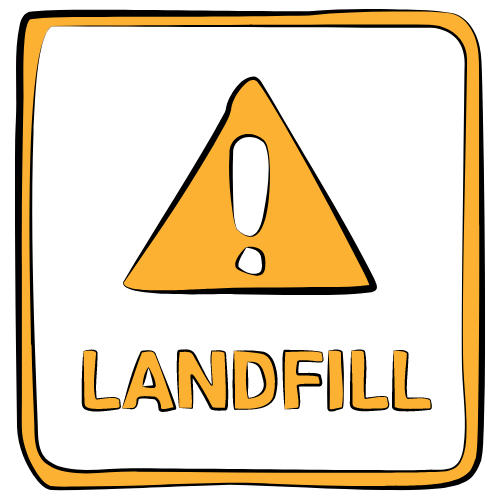


Solar Panel Recycling
How Solar Panel Recycling Works?
Divert your solar panels from ending up in landfill. Engage Ecoactiv to recycle them and make certain their raw materials enter the circular economy to be used in the manufacturing of new solar panels and other similar products.
Why choose Ecoactiv for Solar Panel recycling?
Ecoactiv combines technology and reverse logistics to offer consumers a better way to give their old items, new life and participate in enabling a circular economy. It is our mission to support the industry in taking back and recycling end-of-life solar panels across Australia.

Divert Waste from Landfill
- Prevent toxic leaching, protect the environment and extend the useful life of materials from e-waste via the circular economy.

Reduce Resource Depletion
- Help recover valuable resources including precious metals, reducing the need for further extraction of earth’s natural resources.
Frequently asked questions
Depending on the solar panels you have, your system has a typical life expectancy of 20 to 25 years. The efficiency of your system will decline anywhere from 6 to 10 percent in the first 10 years and slightly more the years’ after. You can recycle your solar panel or solar equipment at any stage of life. Whether it’s in working condition or at the end of its life, we’re happy to take it off your hands.
Each solar panel has about 80 percent of crystalline silicon that can be recovered through a refined recycling process. There are also other recyclable parts including electric junction boxes, glass, plastics and aluminium frames and brackets.
In the solar panel recycling process, the first stage involves shredding the panels into numerous pieces to expose various components for easier detecting and separation in stage 2. The second stage involves shredded pieces undergoing a meticulous separation process using over 10 different detectors, including those based on colour, pattern, magnetic, eddy currents and advanced technologies. The detectors identify and separate materials such as glass, copper wiring, circuit boards, steel, aluminium, plastics and cables. Accurate material separation is crucial for successful recycling. In the final stage, the separated commodities are returned to the industry for the manufacturing of new items, closing the recycling loop.
Enquire about our solar recycling services
Fill in the form below with your solar panel recycling enquiry and we’ll get back to you shortly.
